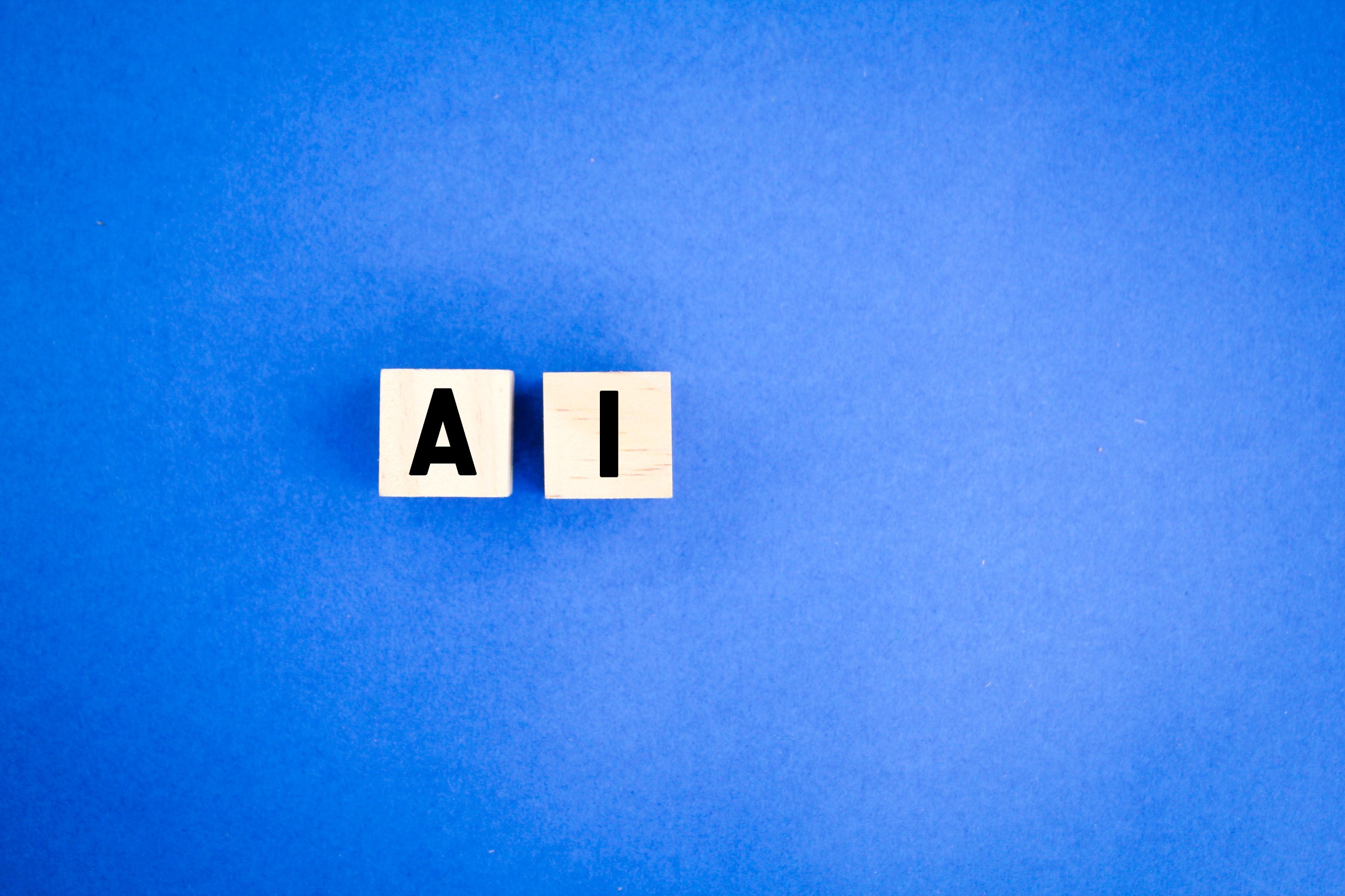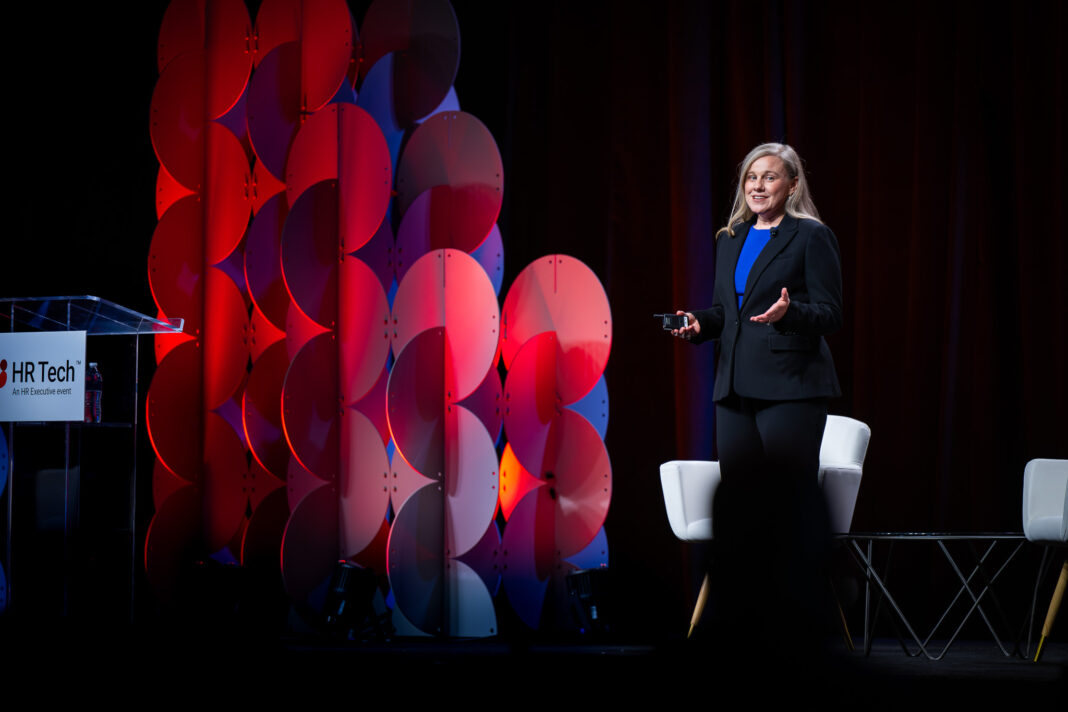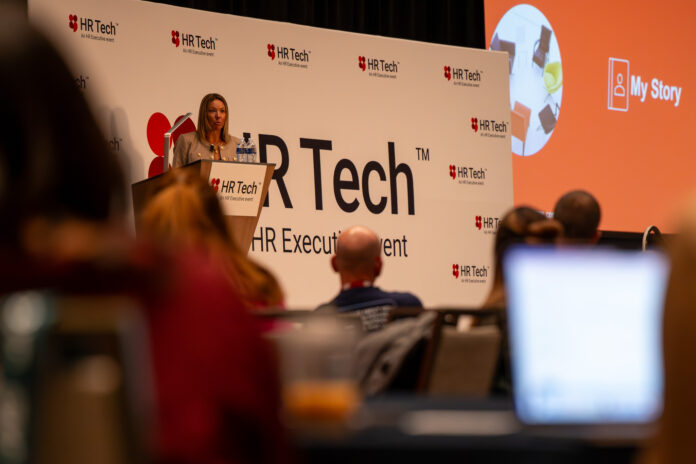How AI is shifting employer-employee dynamics
- Champa Ha

The increased usage of artificial intelligence (AI) in the workplace has created a new system that could potentially evolve the employer and employee relationship, suggested Robert Reich, University of California at Berkeley professor and former United States Secretary of Labour (1993-1997).
In an interview with CNBC, Reich discussed the impact AI will have on middle-class employees, and how it may create an impetus for a universal basic income and a necessary step to reach sustainable and environmental goals.
“We’re going to be working for AI, intermediaries, and platforms. Those intermediaries and platforms are going to be paying us a kind of spot auction rate….You might say that that’s very efficient, but it is also extremely destabilizing in terms of our lives. I mean, how can we possibly plan our lives if we are in a spot auction market in terms of what we earn,” said Reich.
With the increase of efficiency and productivity thanks to AI, Reich predicted that this would form the catalyst to push for universal basic income and fuel the economy.
“If you’ve got AI and all of these platforms and you’ve got people who are basically no longer needed, huge numbers of people, then how do you get money in their pockets to buy everything the economy is capable of producing?” he said.
Reich is also confident that slowing growth is not the answer to solving climate change.
READ MORE: Australia maximises job security of employees amidst AI disruption
“Growth is necessary in order to meet our environmental goals,” Reich said, citing that rich countries which can be environmentally responsible do so because they are wealthy enough to invest in wind and solar and adaptation mechanisms. “It’s the poorest countries that are having the most difficulty adjusting,” Reich said.






